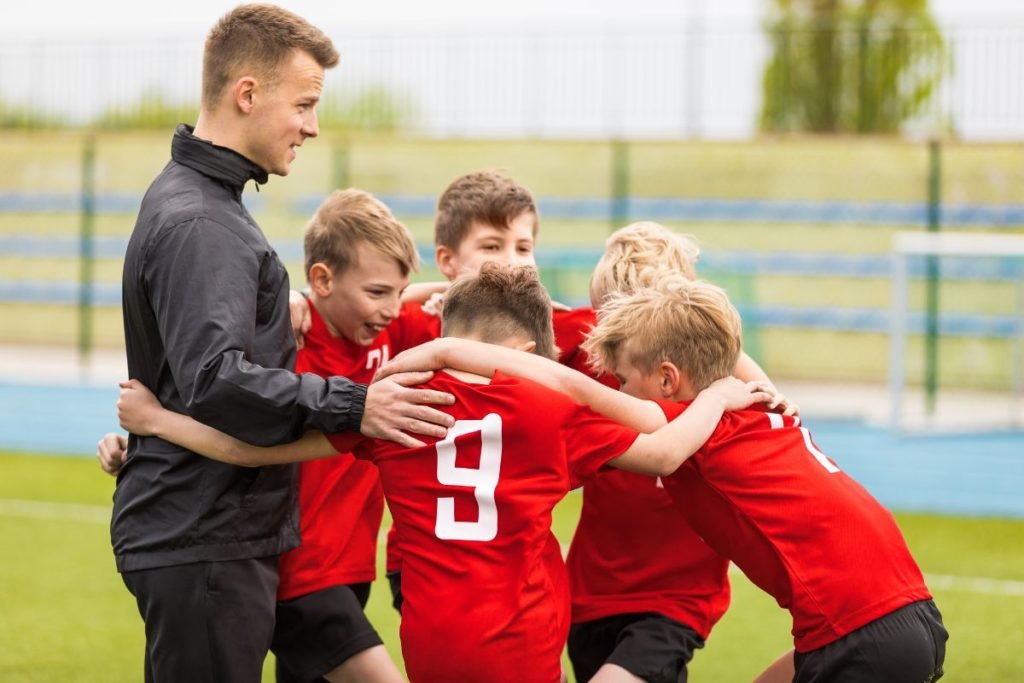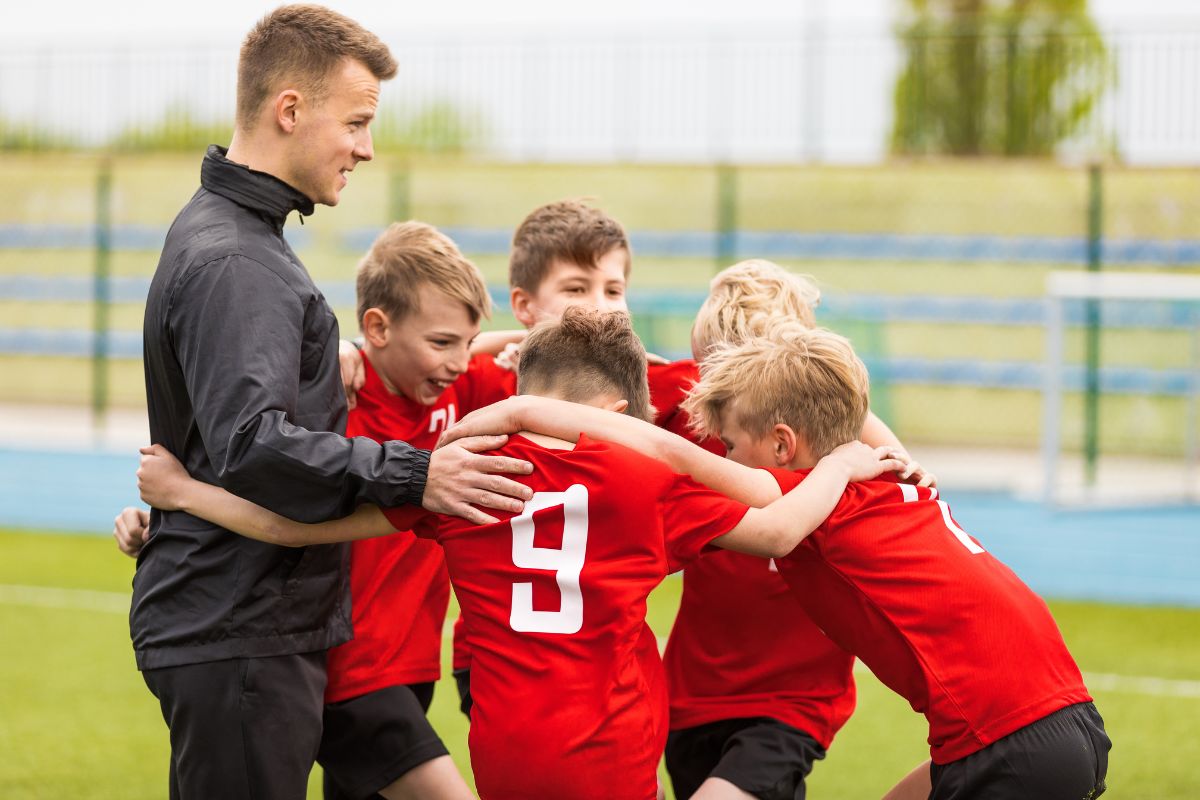
Sports coaching is a demanding and rewarding profession that requires not only physical skills but also mental abilities. The success of a coach depends on understanding the psychology of the athletes they are working with, especially when it comes to coaching children. Young athletes are still physically, emotionally, and mentally developing, so a solid knowledge of child psychology can significantly impact a coach’s ability to motivate and teach effectively. In this blog post, I, Jessica Pfund, will try to explore how understanding child psychology can boost sports coaching success.
Understanding Child Development Stages
Children go through different developmental stages from infancy to adolescence. Each stage presents unique challenges and opportunities for sports coaches. For example, preschoolers have short attention spans and tend to focus more on the fun aspect of sports, while teenagers are more self-conscious and competitive.
Effective coaches must understand these developmental stages and tailor their approaches to each age group. Doing so can create a positive and supportive environment that promotes healthy development and personal growth.
Motivating Children Through Positive Reinforcement
Positive reinforcement is one of the most effective ways to motivate people, especially children. Coaches can use praise and rewards to reinforce desirable behaviors and encourage better performance. However, using positive reinforcement correctly is crucial to avoid negative consequences such as over-reliance on rewards or unfair treatment.
For example, coaches can praise effort rather than just the outcome of a game. They can also offer constructive feedback and encouragement to help children improve their skills and self-esteem.
Adapting to Different Personalities and Learning Styles
Each child has a unique personality and learning style affects how they engage with sports and coaching. Some children may be visual learners, while others may be auditory or tactile learners. Some children may be outgoing and confident, while others may be quiet and reserved.
Effective coaches need to be able to adapt to these individual differences to create a personalized coaching experience that meets each child’s needs. By doing so, they can help children develop their strengths and overcome their weaknesses.
On the other hand, dealing with children can be challenging at times. Coaches need strong interpersonal and communication skills to maintain their authority while creating a positive atmosphere for learning. They must also be patient and understanding, as children may make mistakes or take longer to understand concepts than adults.
Building Trust and Positive Relationships
Building trust and positive relationships is vital for sports coaching success, especially when working with children. Coaches who gain the respect and trust of their athletes can motivate them to work harder, learn more, and achieve their goals.
However, building trust and positive relationships requires time and effort. Coaches must listen to children’s needs, show empathy, and be approachable and accessible. They should also create a safe and inclusive environment that encourages teamwork, sportsmanship, and respect for others.
Balancing Competition and Fun
Effective sports coaching requires balancing competition and fun. While competition is an essential part of sports, it shouldn’t come at the expense of enjoyment and growth. Coaches must find the right balance between challenging children to excel and providing a positive and enjoyable experience.
They should also focus on developing life skills such as teamwork, communication, and leadership rather than just winning or losing. By doing so, coaches can create a fulfilling and rewarding experience for themselves and their athletes.
In addition to the above points, coaches should recognize that children may face difficulties outside of sports. This could include family problems, health issues, or other personal struggles. Coaches need to be understanding and supportive in these situations and provide additional resources and support when necessary. By taking a holistic approach to coaching, they can become positive role models and mentors for their athletes.
Final Thoughts
Understanding child psychology can significantly impact sports coaching success, especially when working with young athletes. By understanding developmental stages, using positive reinforcement, adapting to different personalities and learning styles, building trust and positive relationships, and balancing competition and fun, coaches can create a positive and supportive environment that promotes healthy development and personal growth. Whether you’re a beginner or an experienced coach, taking the time to understand child psychology can lead to greater coaching success and a fulfilling career.




